
This guide will talk about all types of villages and will also explain how villager jobs work.
Types of Villages
Villages are structures that spawn naturally in the Minecraft game in different biomes.
All villages should naturally have a garden of vegetables that can be looted. Don’t forget to look inside houses for chests to loot.
Each village looks different depending on the biome it is located in. The villagers will also look different.
Some examples of villages types are the following:
Plain/ Usual Village
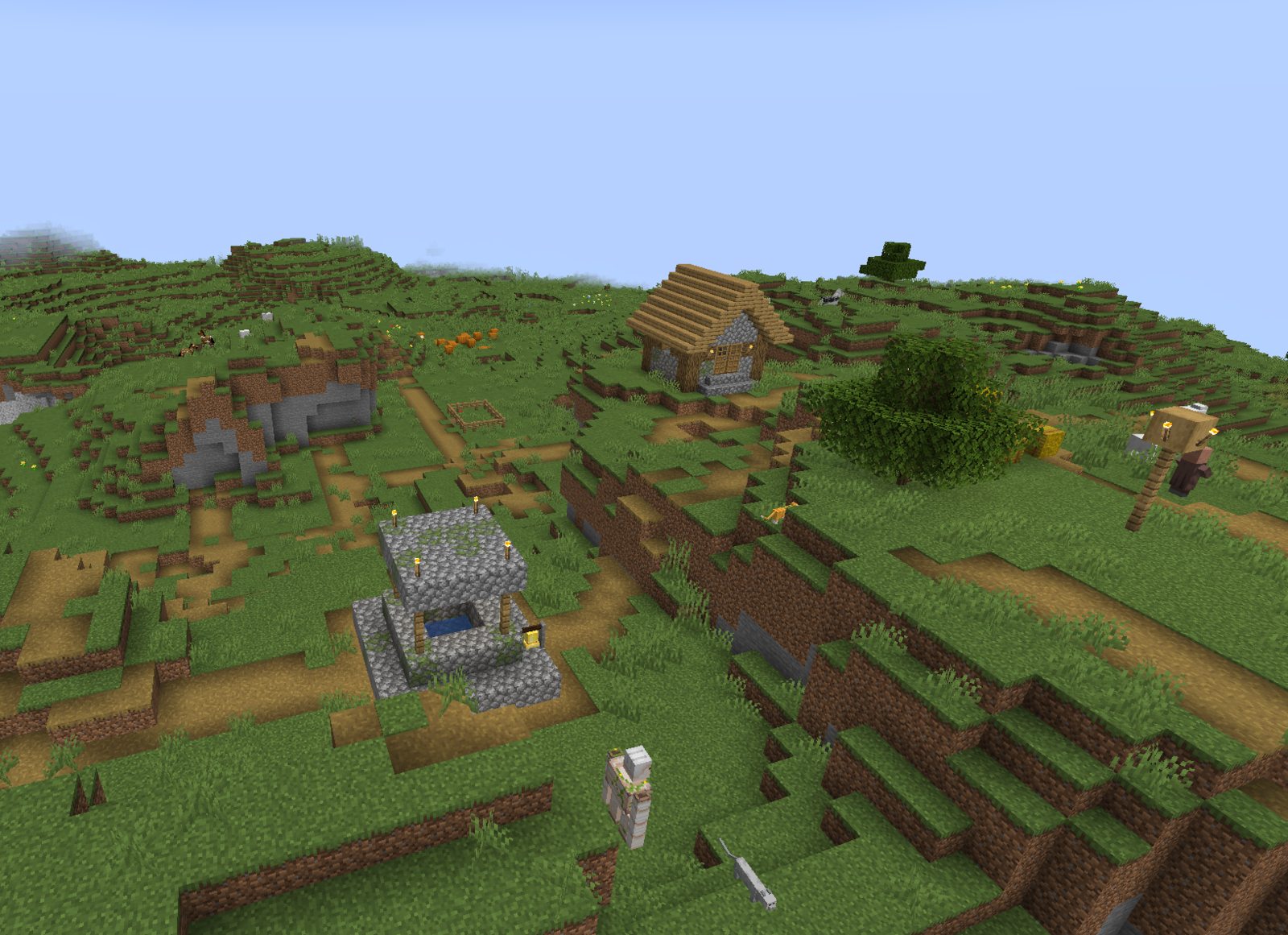
Desert Village
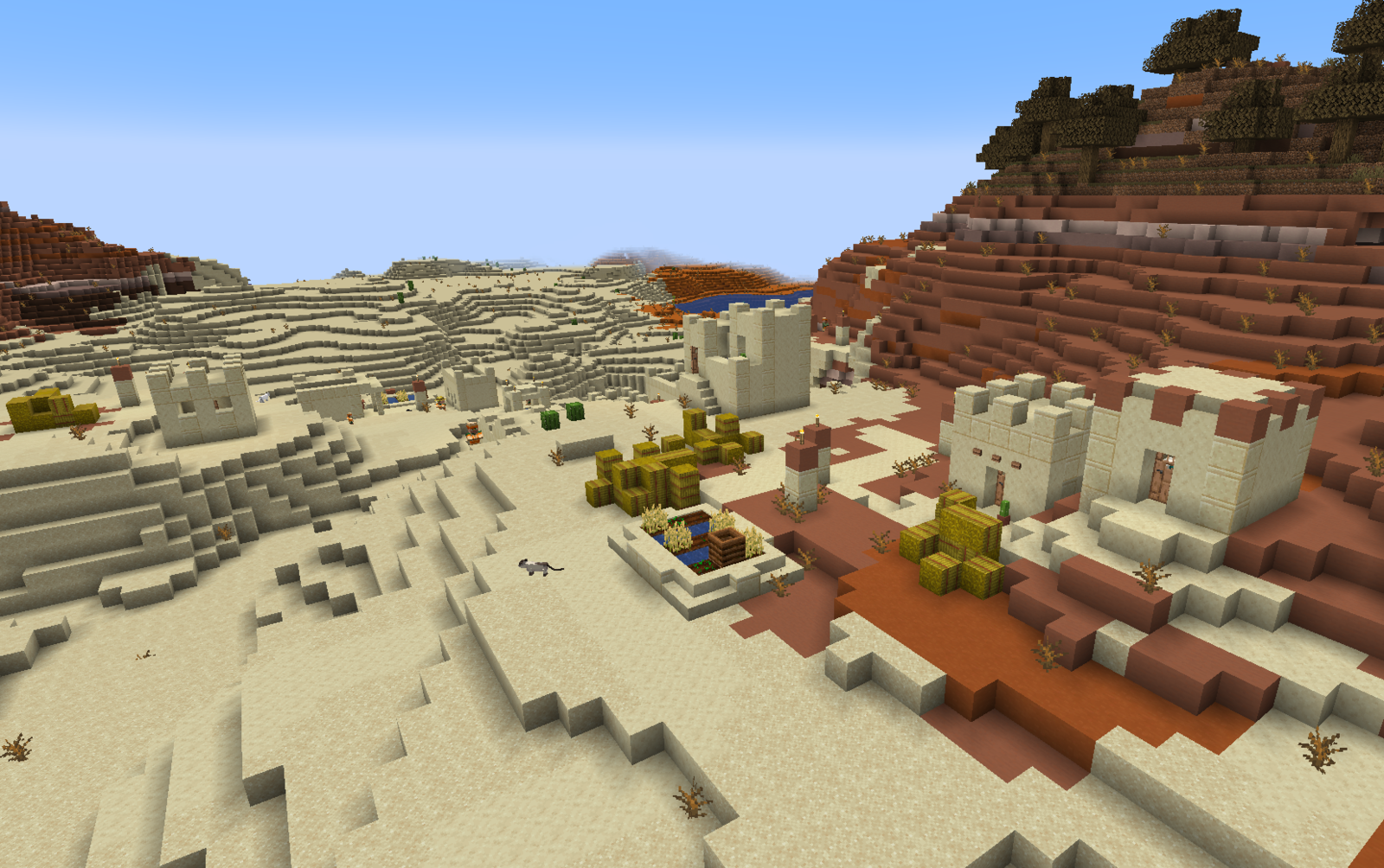
Savanna Village
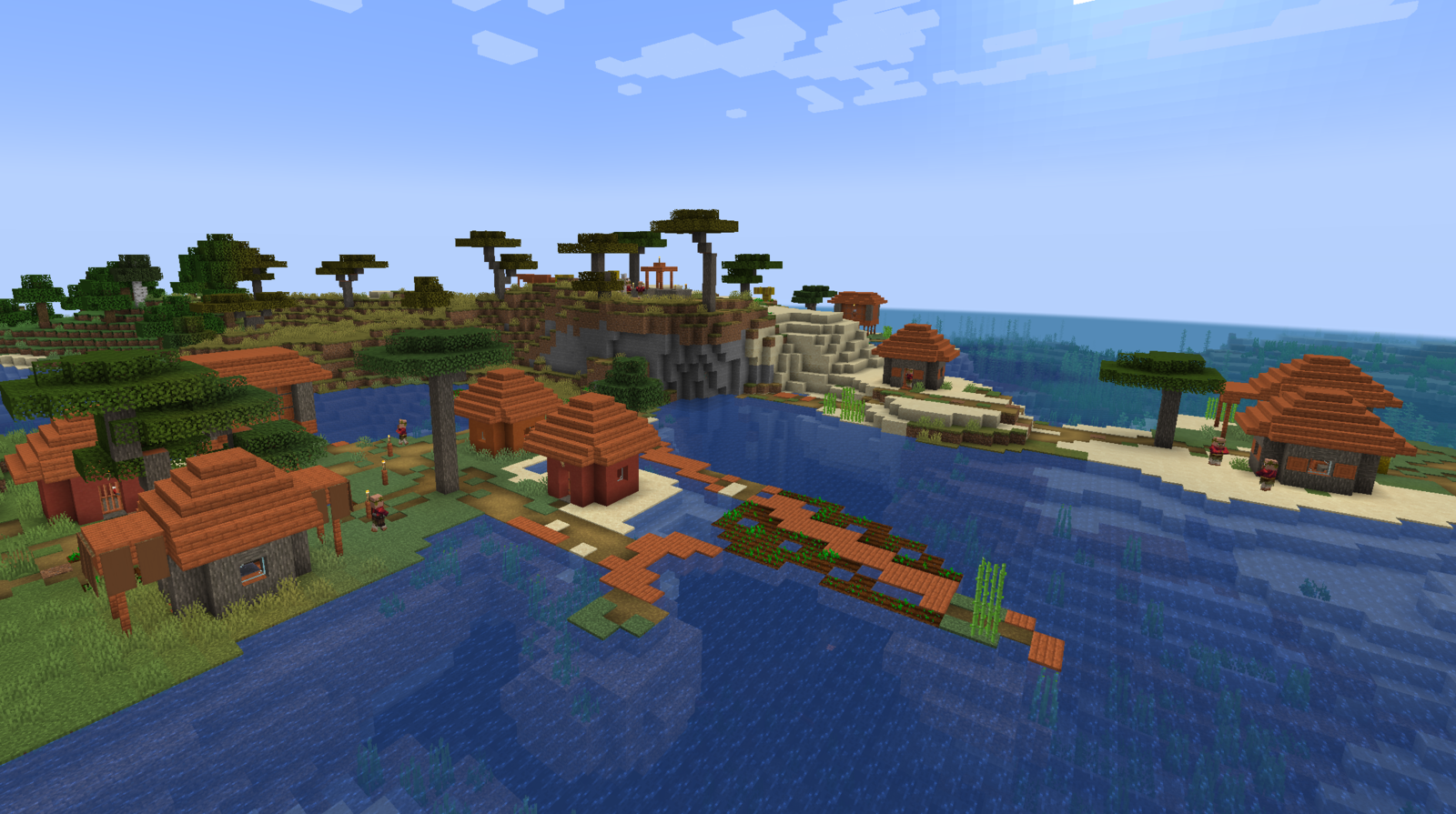
Taiga Village
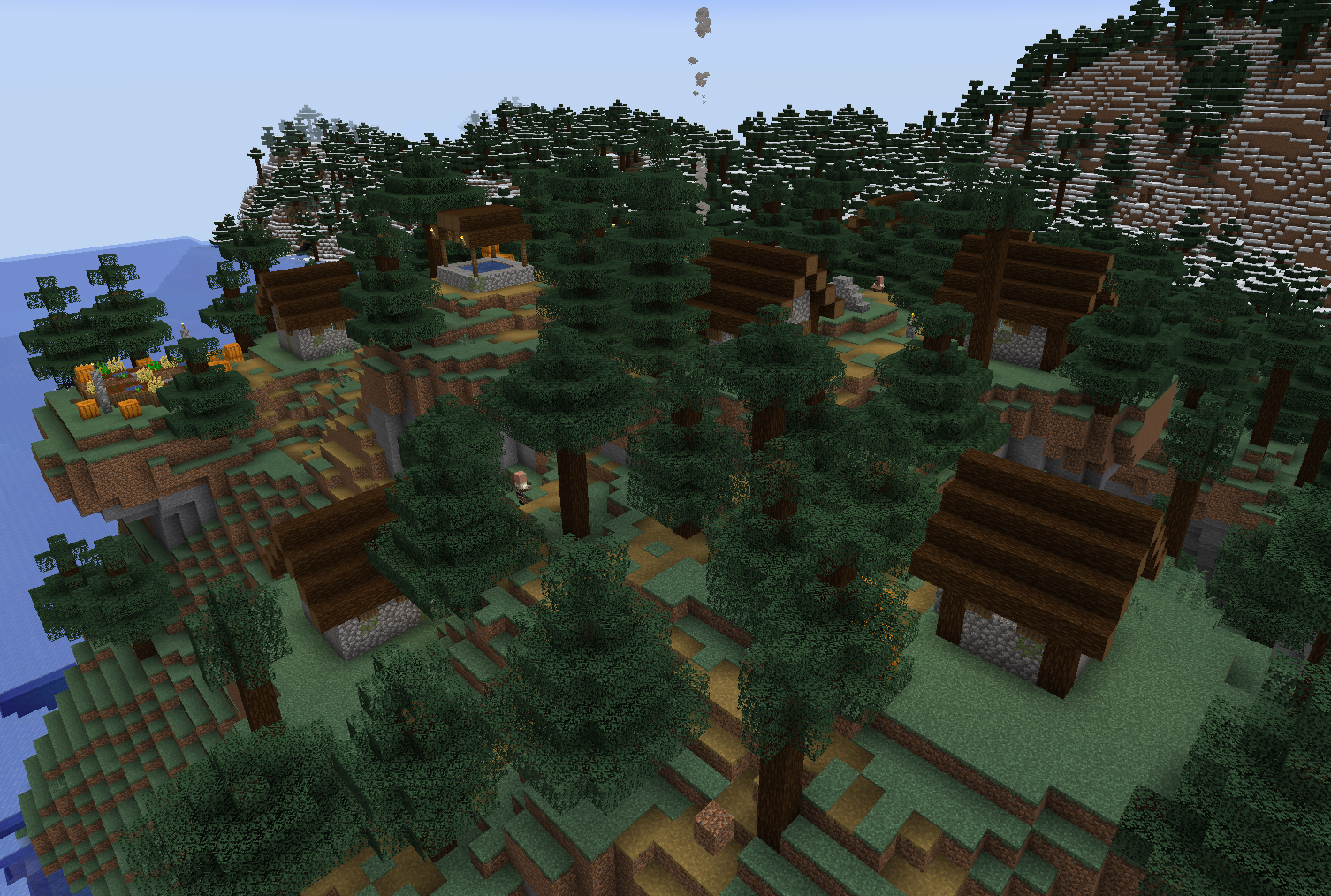
Snow Village
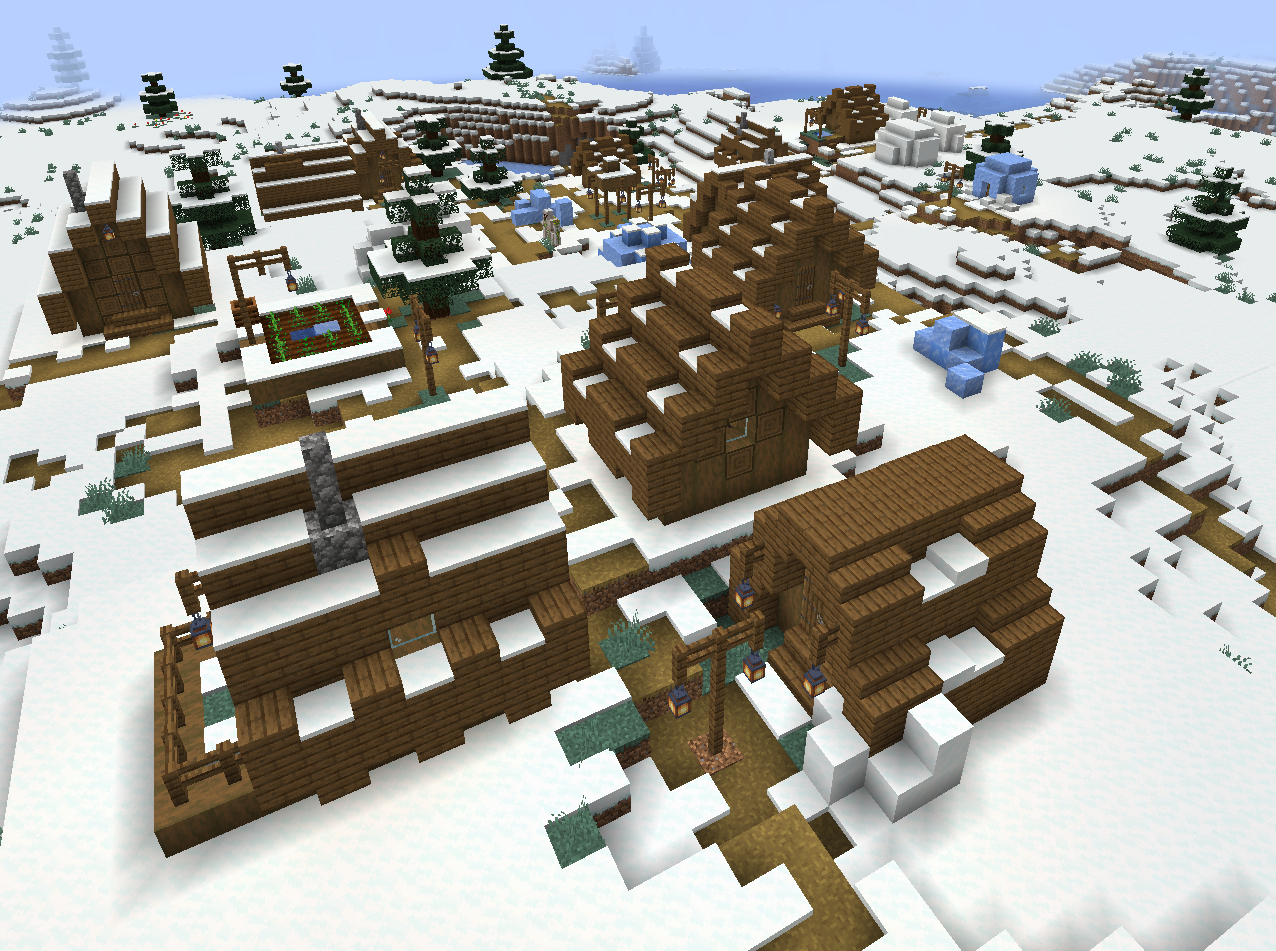
Meadow/ Water Village
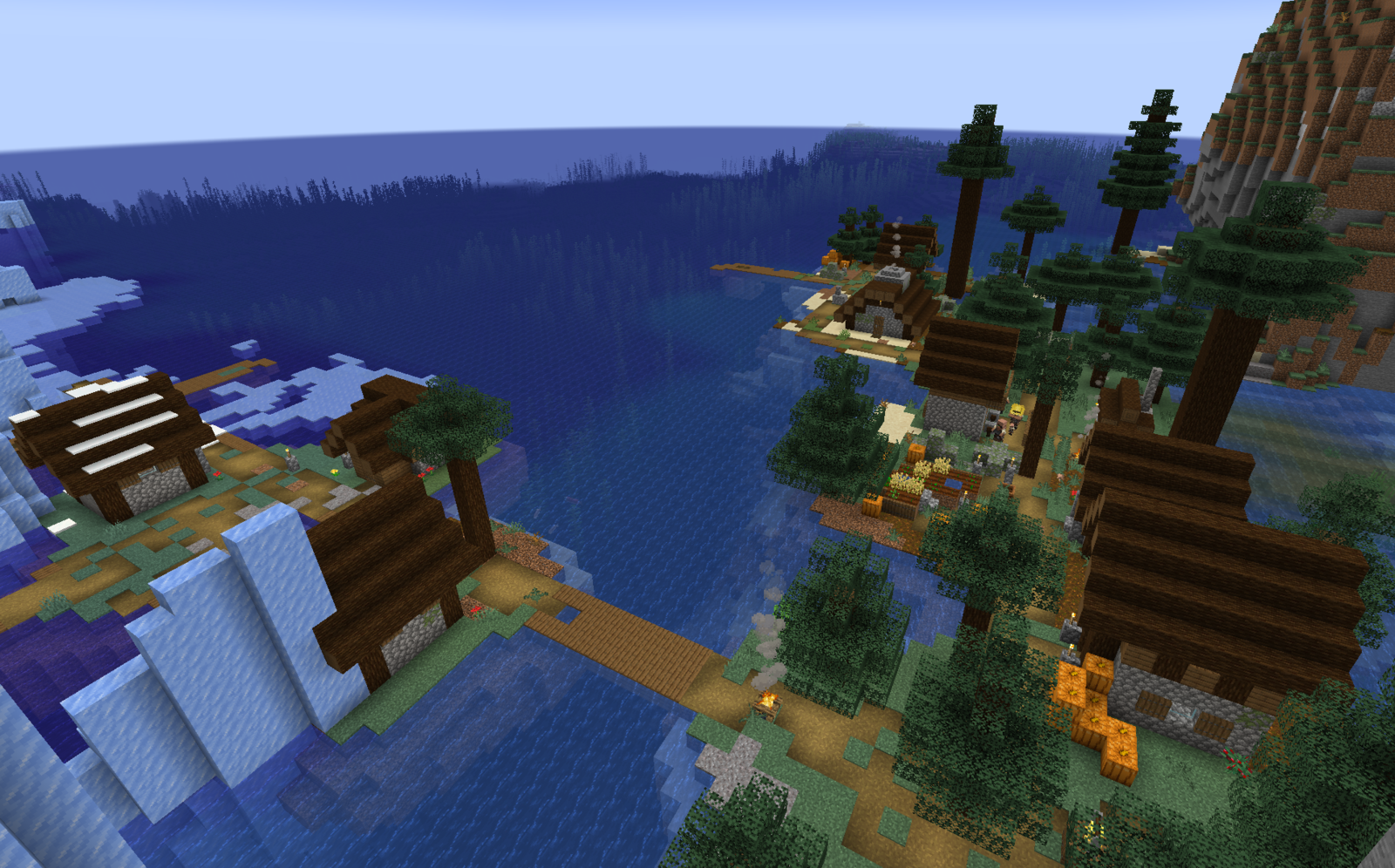
Each of the villages that we talked about has a lot of villagers that you can interact with to trade different items.
Types of Villagers and Jobs
Villagers are a good way to get good trades in Minecraft. They will have different items to trade and will look different depending on what job they have and which biome they are in.
Jungle and swamp villagers will only spawn if a village is intersecting randomly with one of the two biomes.
Unemployed
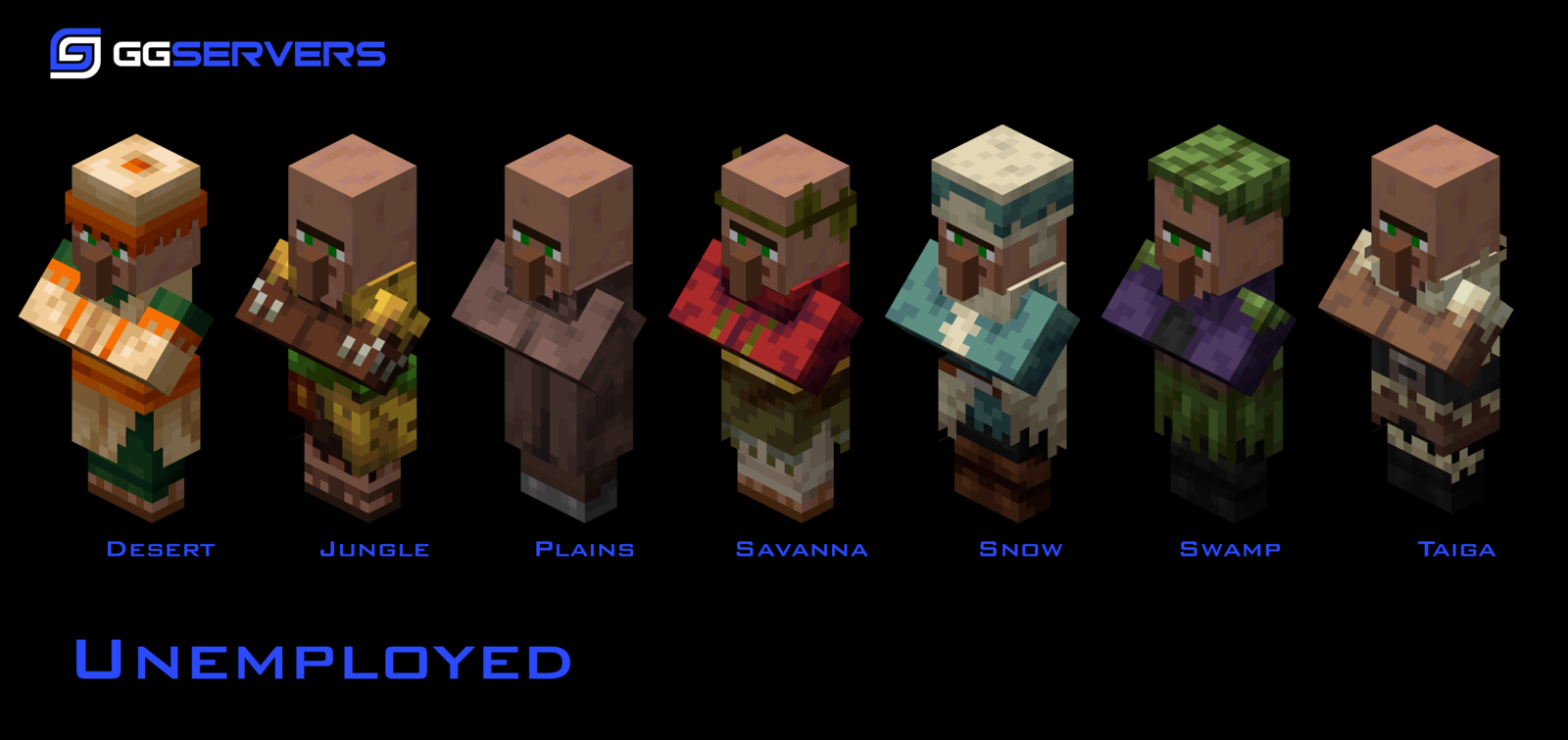
Nitwit
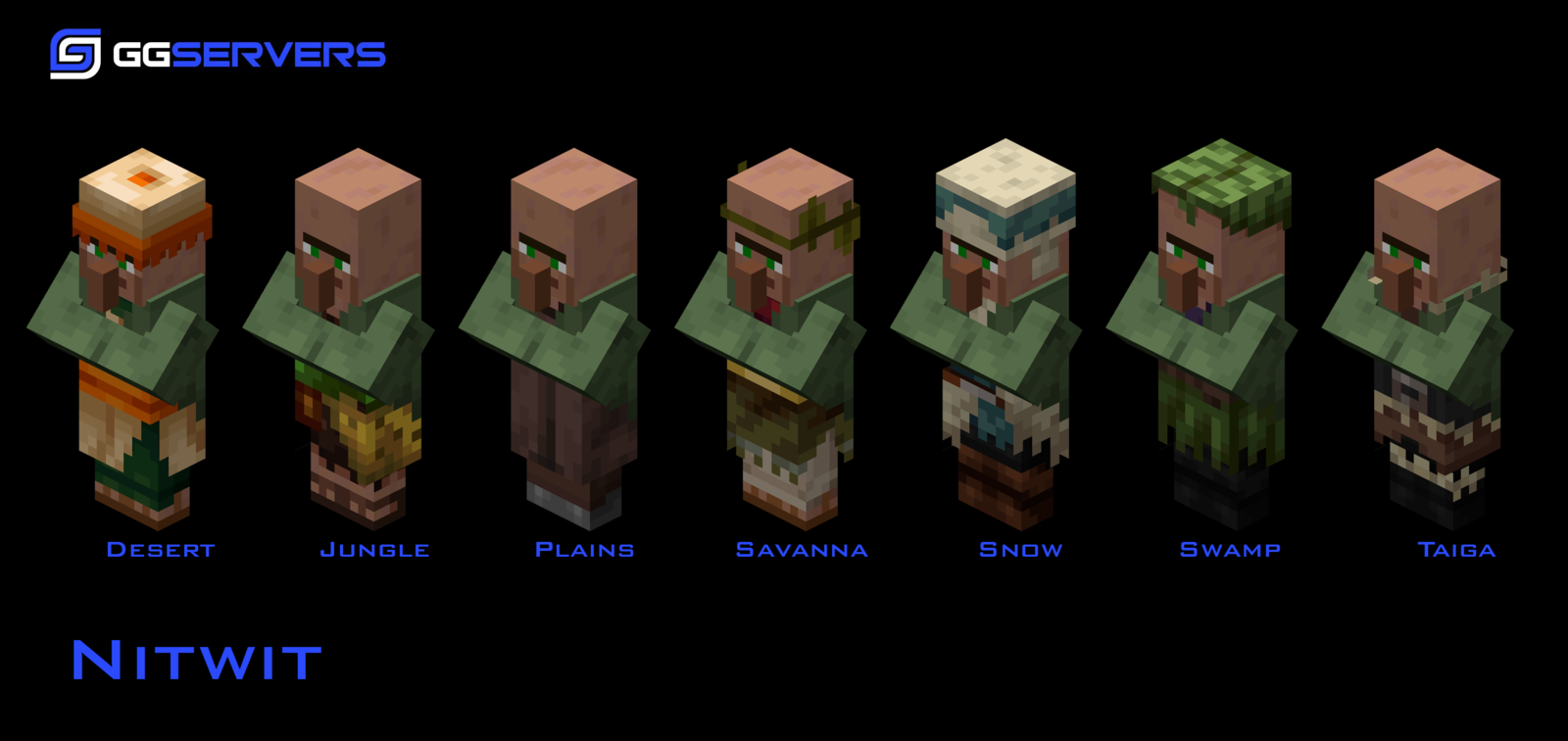
Armorer
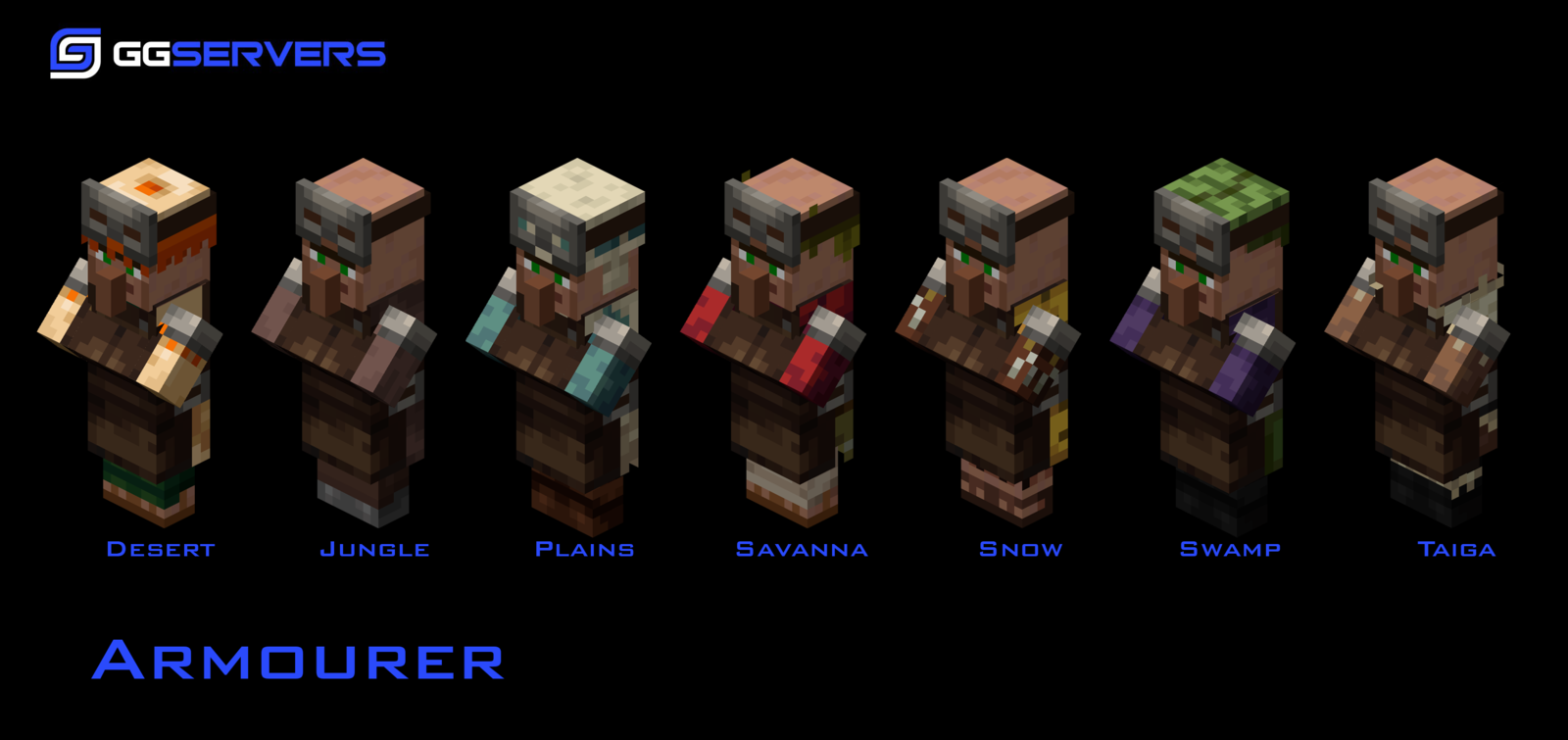
Butcher
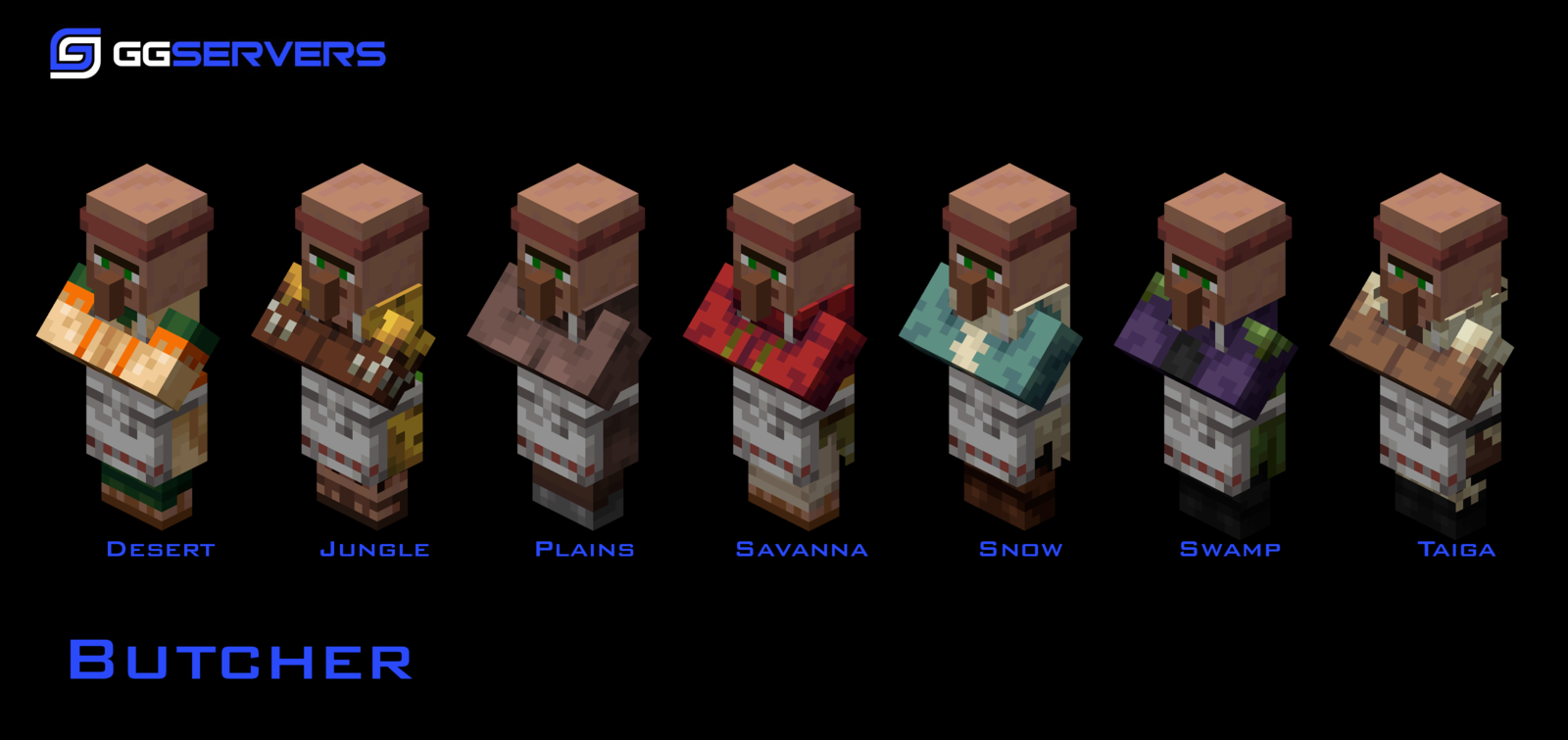
Cartographer
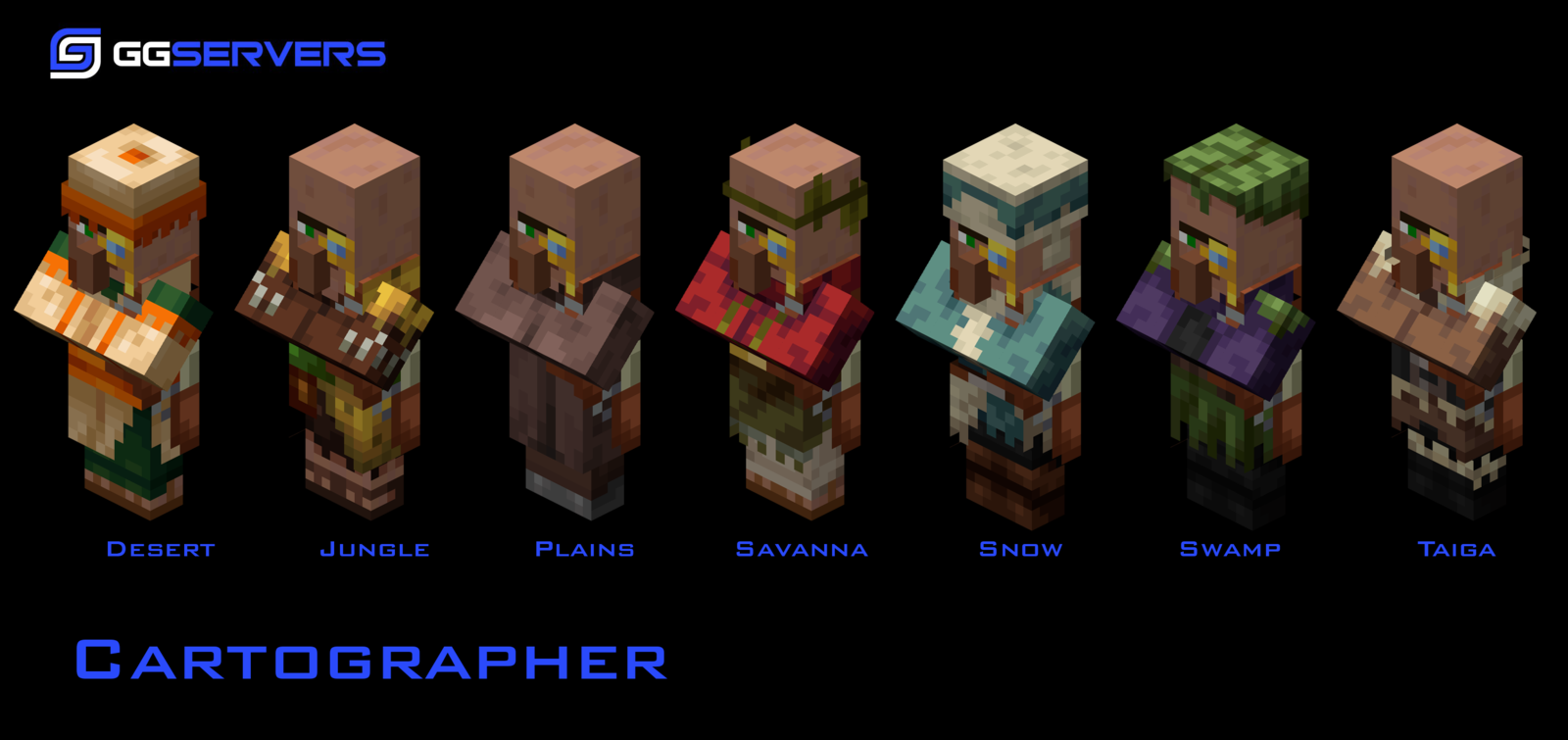
Cleric
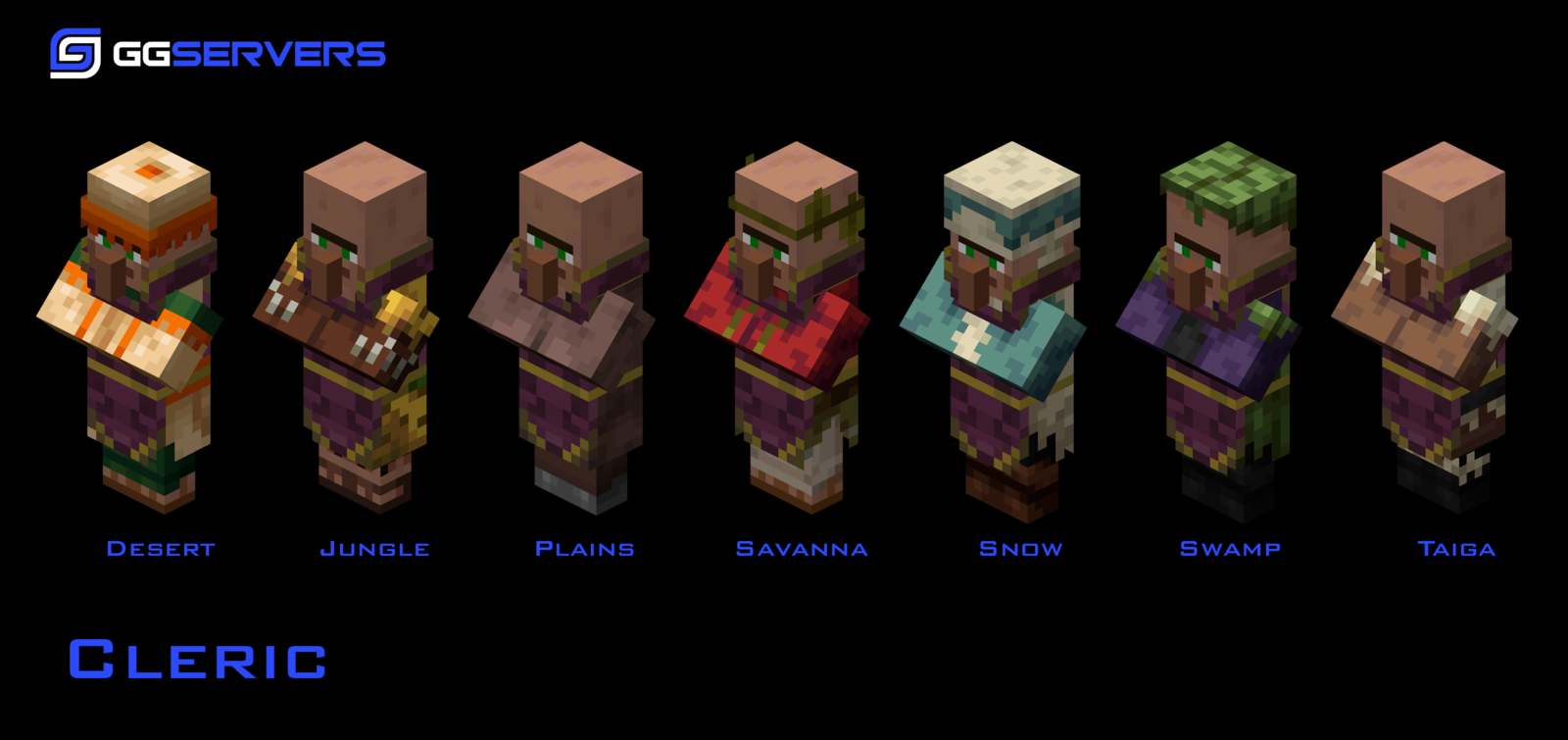
Farmer
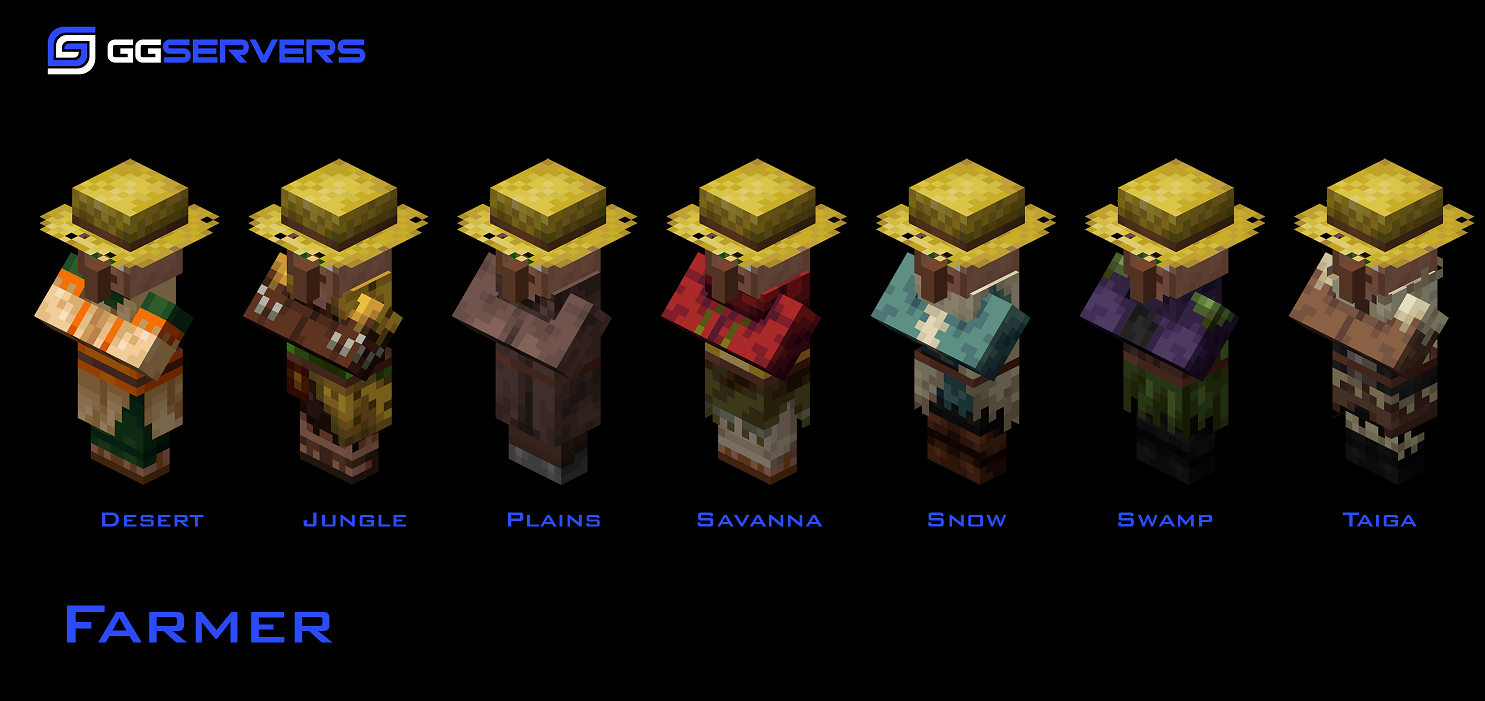
Fisherman
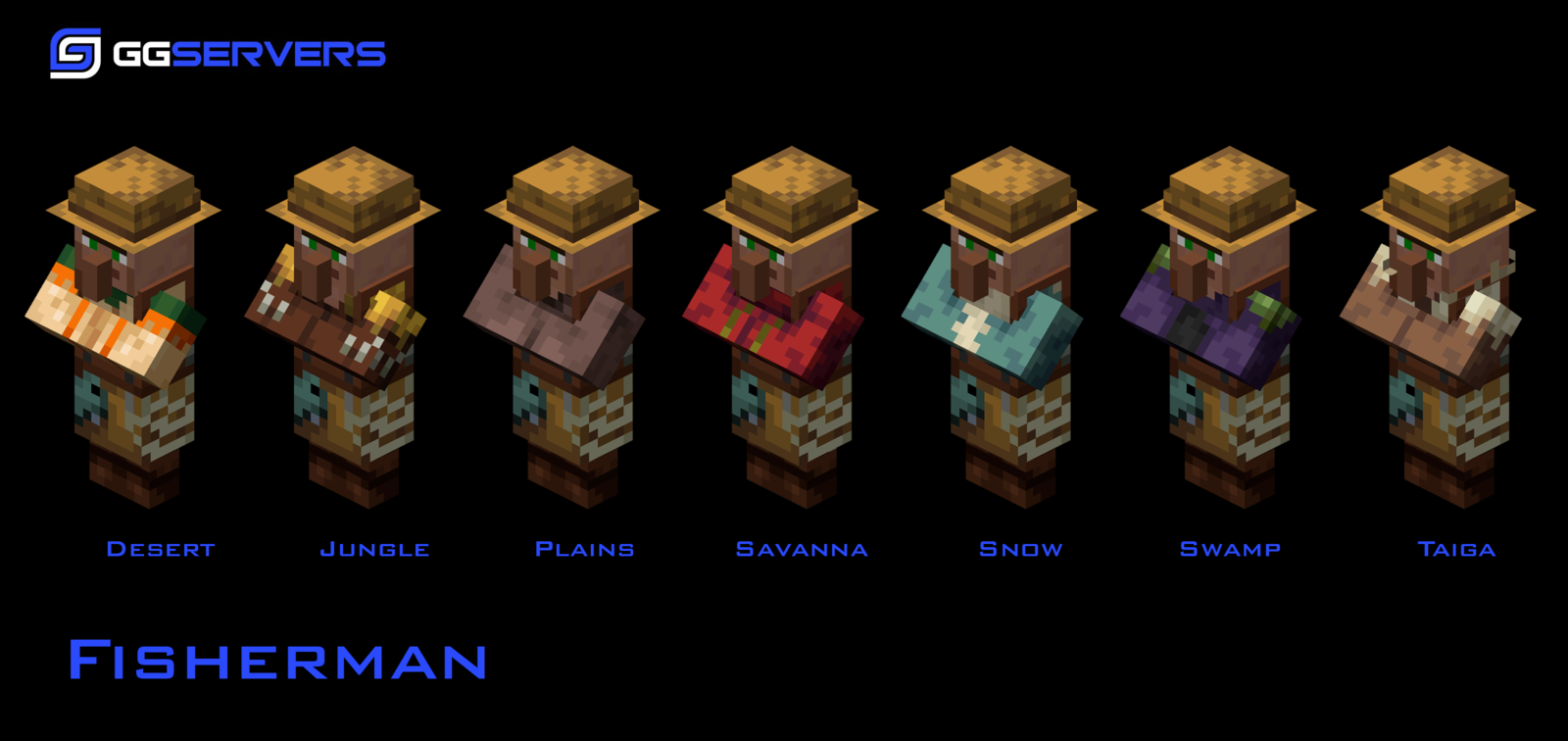
Fletcher
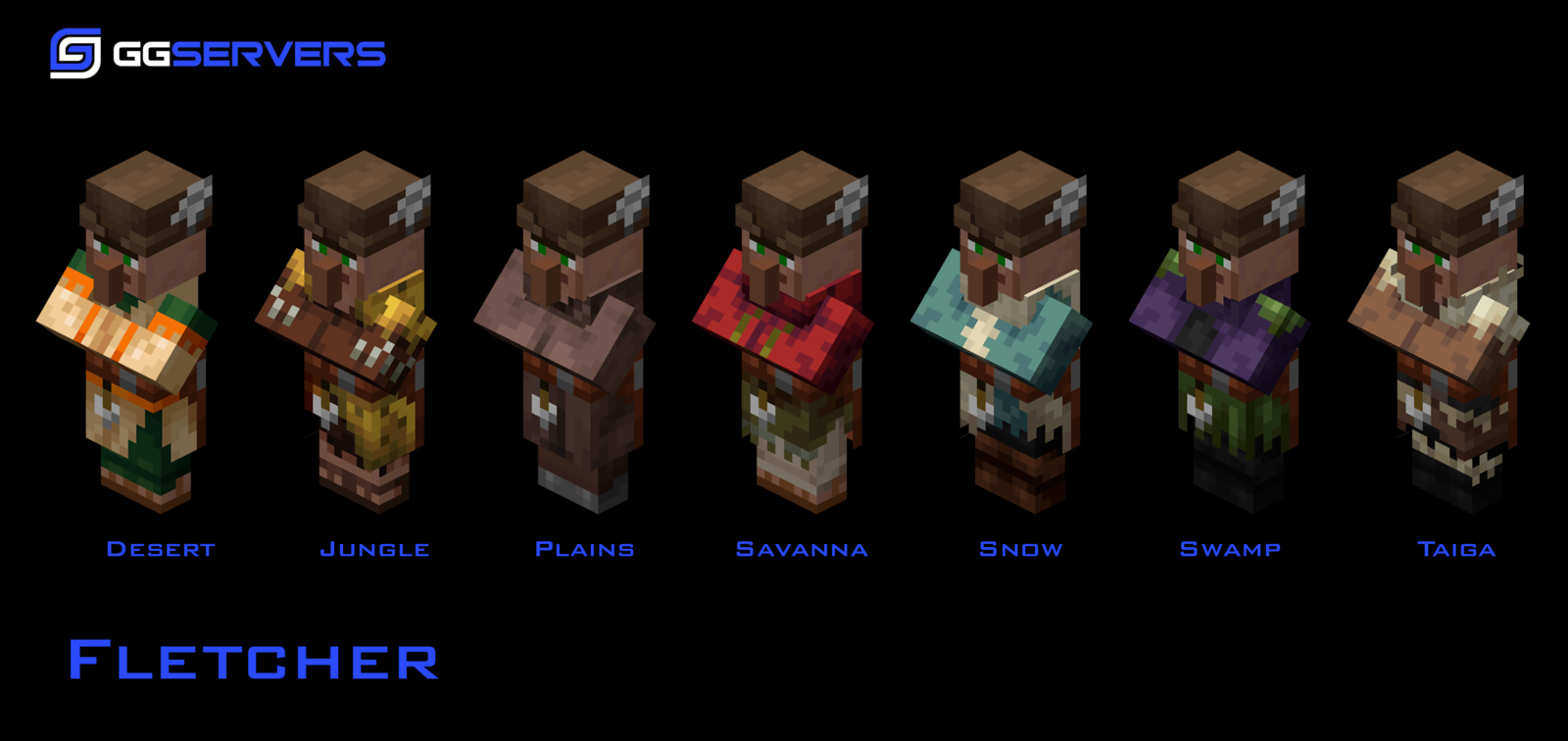
Leatherworker
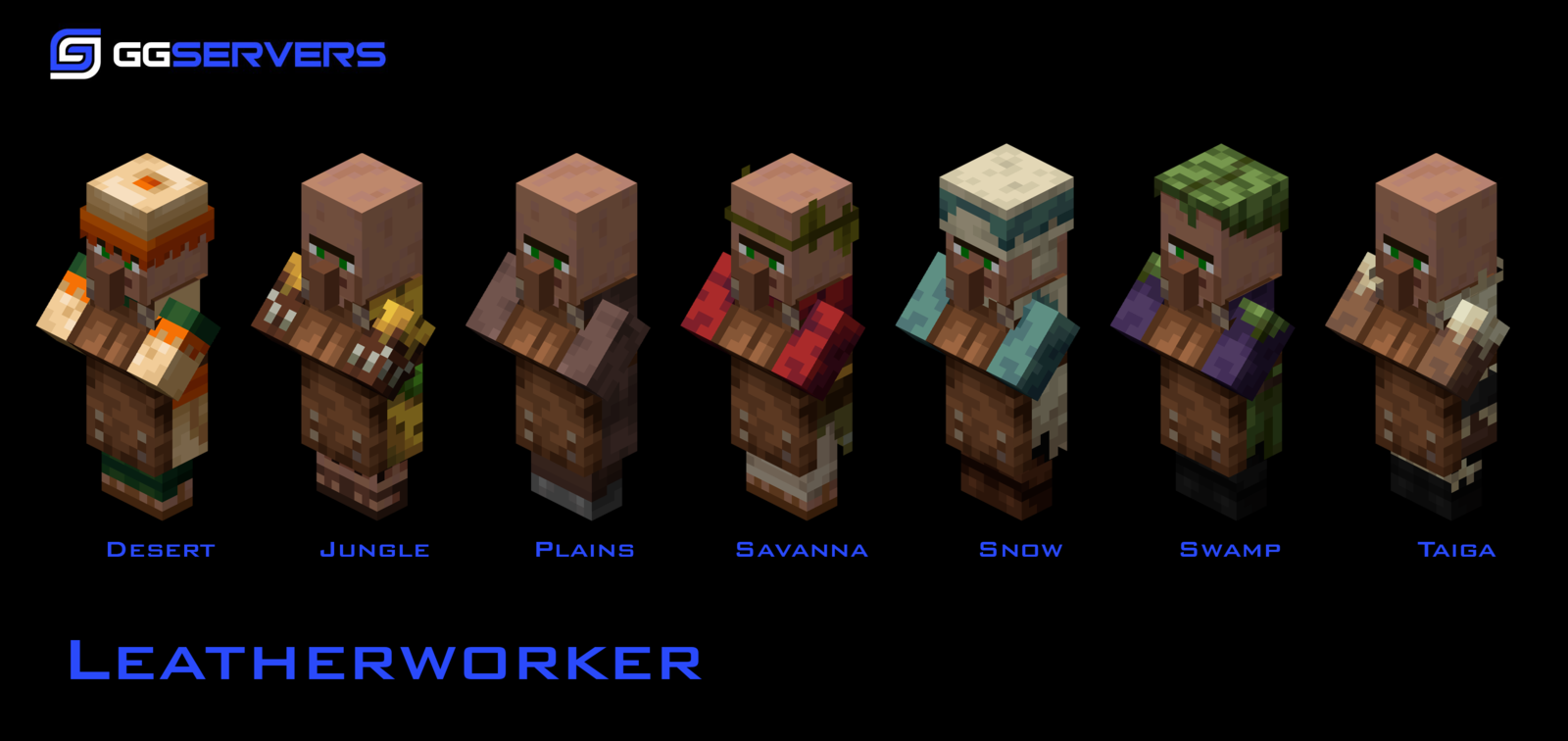
Mason
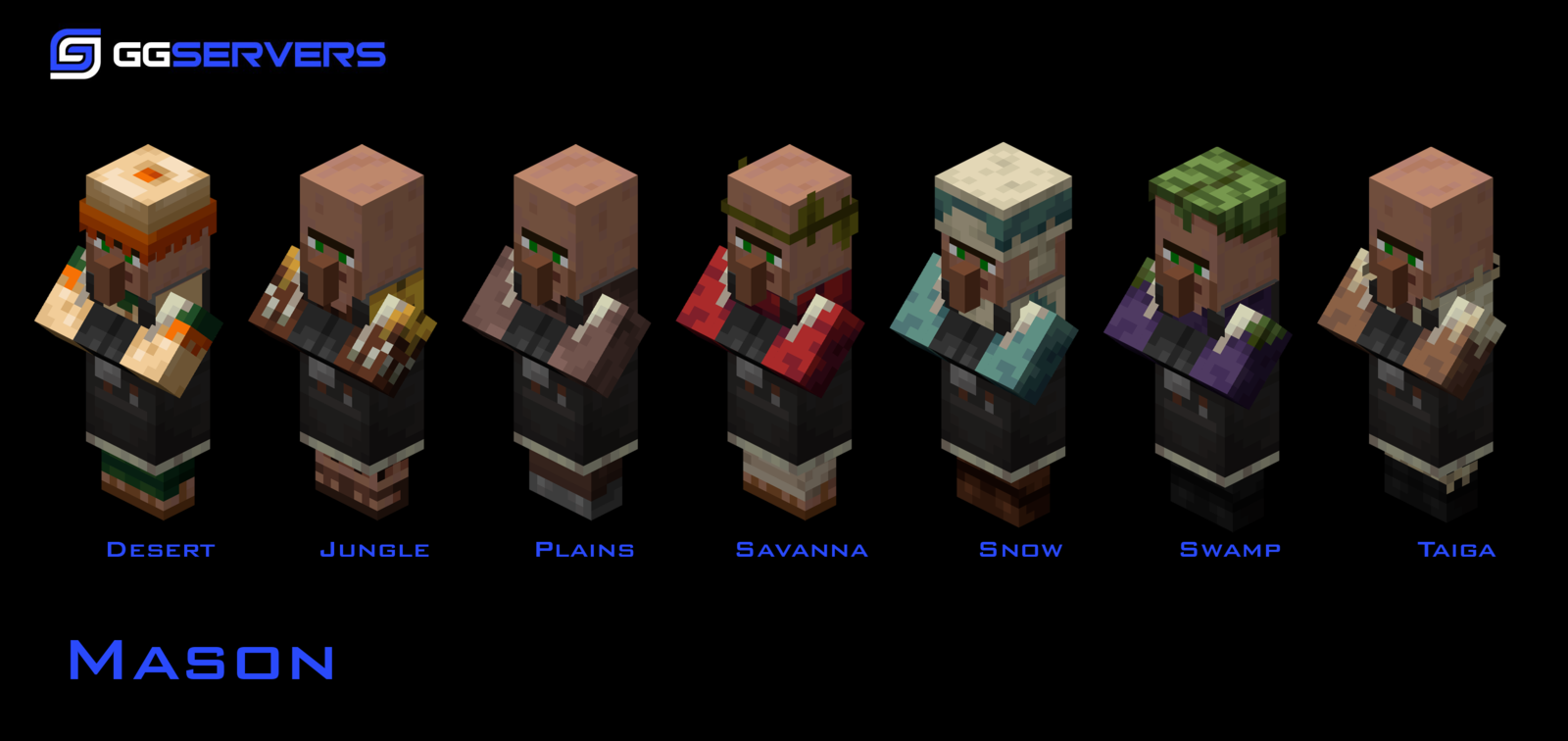
Librarian
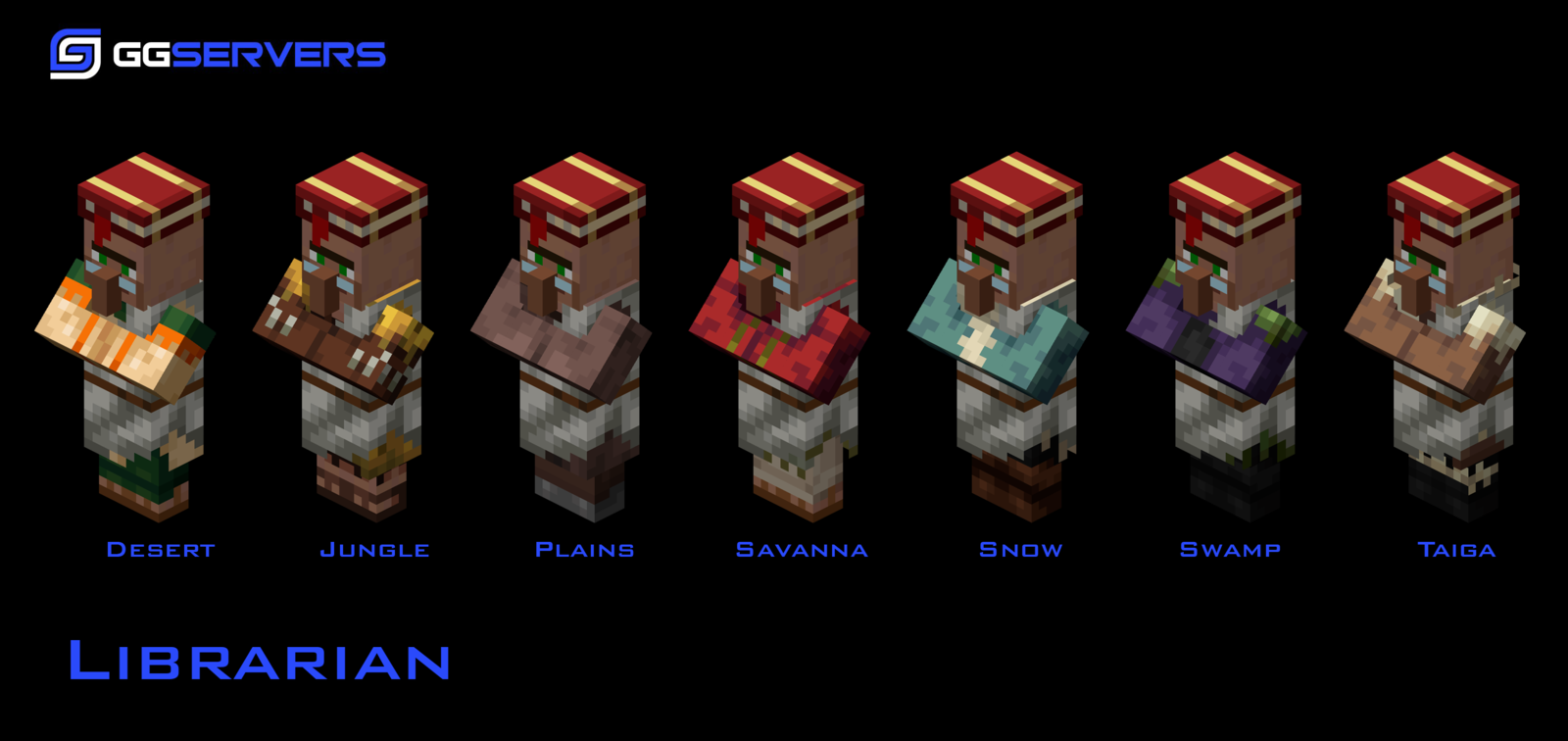
Shepherd
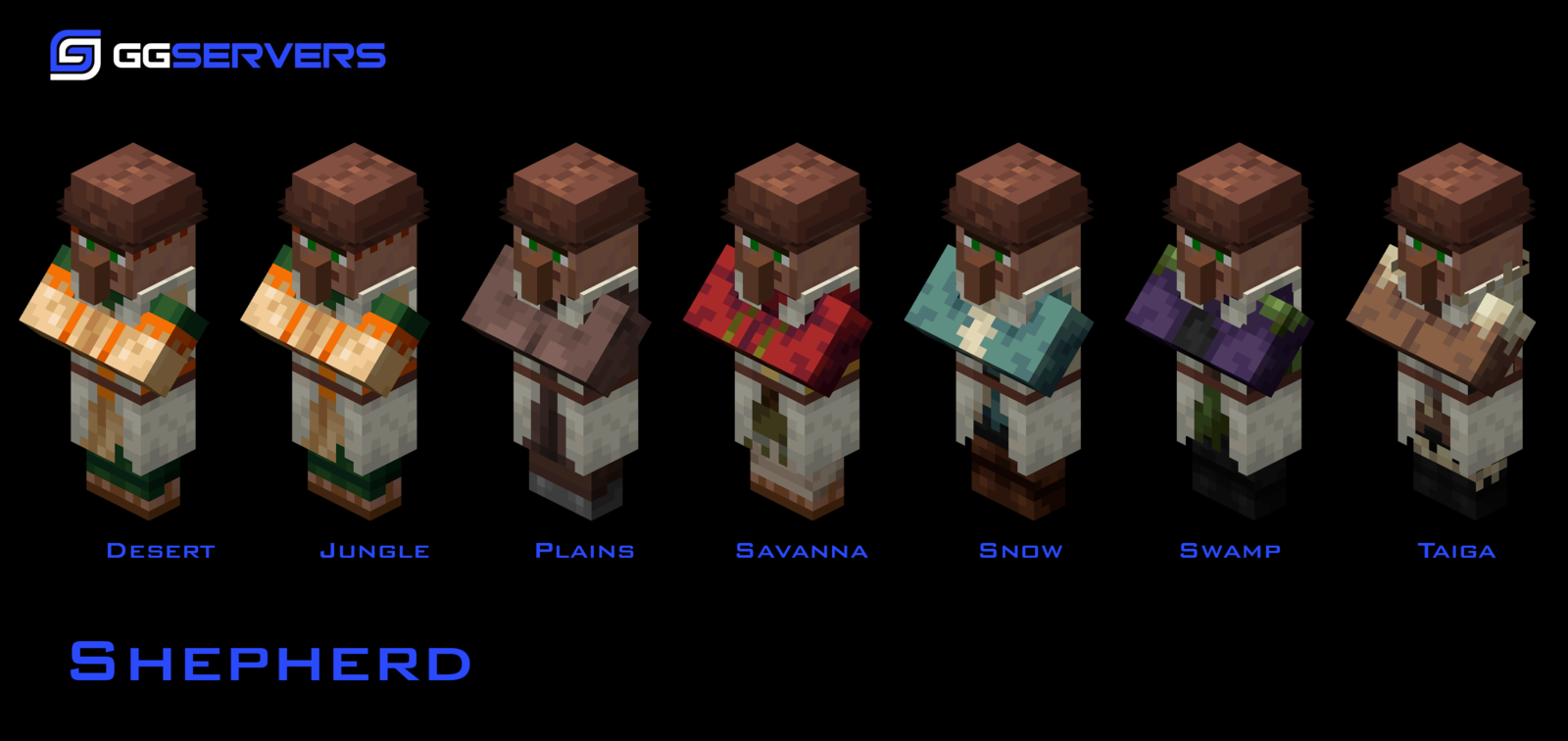
Toolsmith
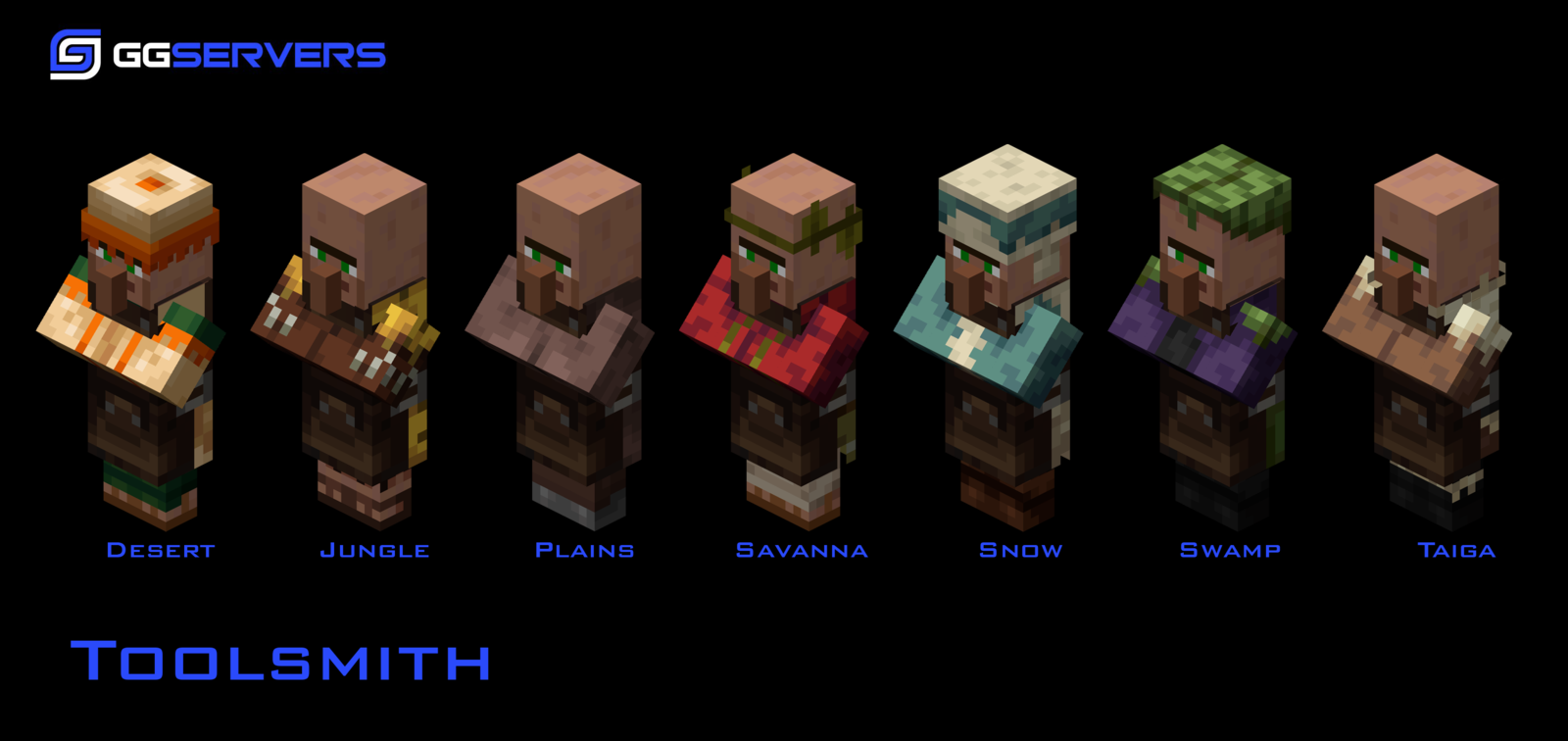
Weaponsmith
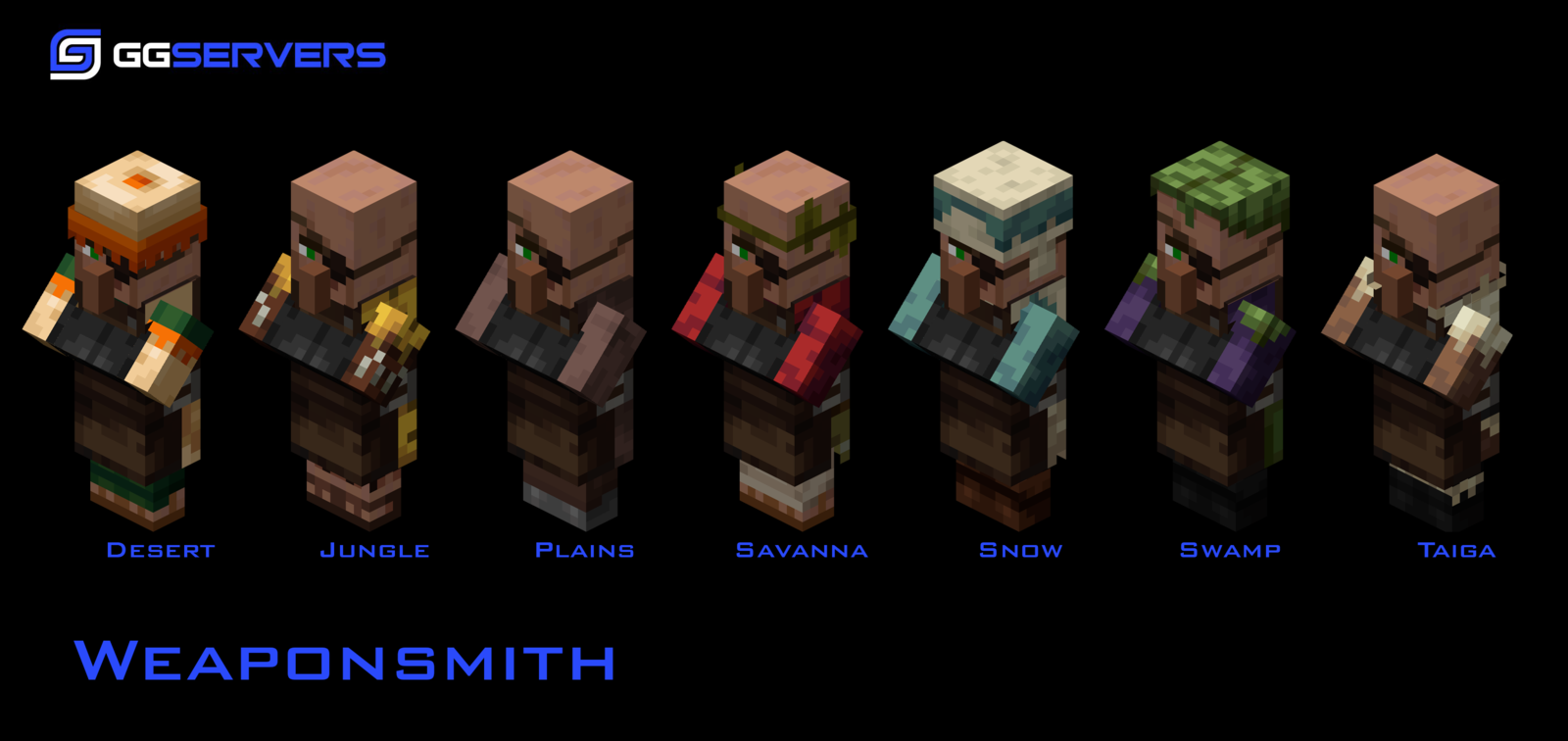
How to Trade
As we said, you can trade with any villager with a job.
To assign a job to a villager you just need to place the specific block near him or in his house and he will automatically be assigned.
Each villager has 5 career levels which they can achieve by trading with you. Also, each one will have a badge with a different texture depending on the level:
- Novice (Stone Texture)
- Apprentice (Iron Texture) – 10 XP/ Levels
- Journeyman (Gold Texture) – 70 XP/ Levels
- Expert (Emerald Texture) – 150 XP/ Levels
- Master (Diamond Texture) – 250 XP/ Levels
Trades Depending on Job
Now let’s see what trades have each villager depending on his job and career level, also which block you need to assign a job.
Unemployed
- Cannot trade anything.
- You can assign a job to them.
Nitwit
- Cannot trade anything.
- You cannot assign any job to them.
Armorer
- Trading armor and chainmail.
- Blast Furnace needed to assign this job.
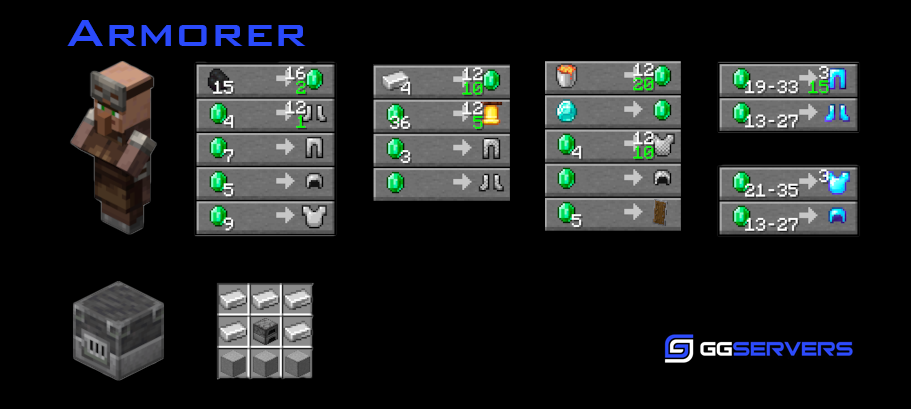
Butcher
- Trading emerald and cooked meat.
- Smoker needed to assign this job.
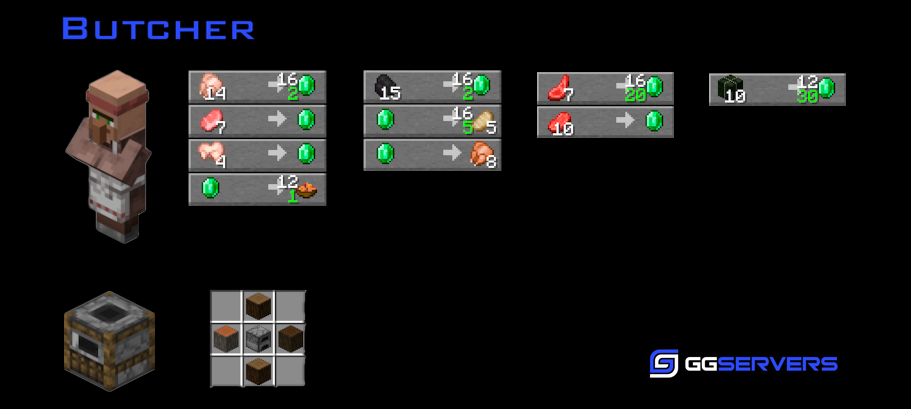
Cartographer
- Trading maps and banner patterns.
- Cartography Table needed to assign this job.
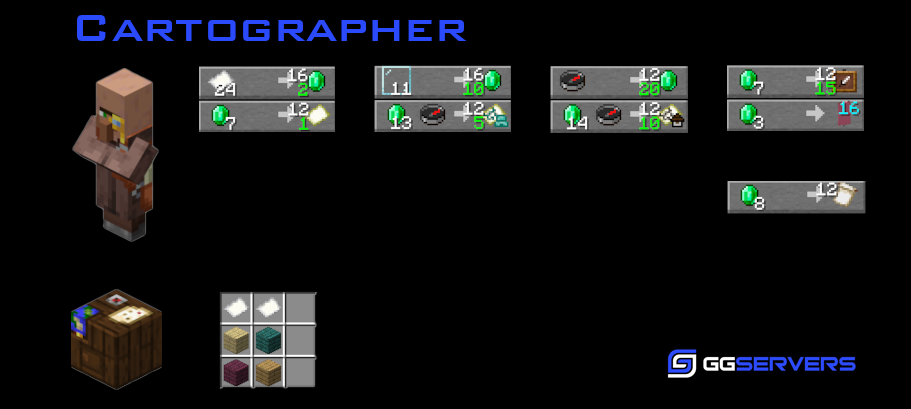
Cleric
- Trading magic items.
- Brewing Stand needed to assign this job.
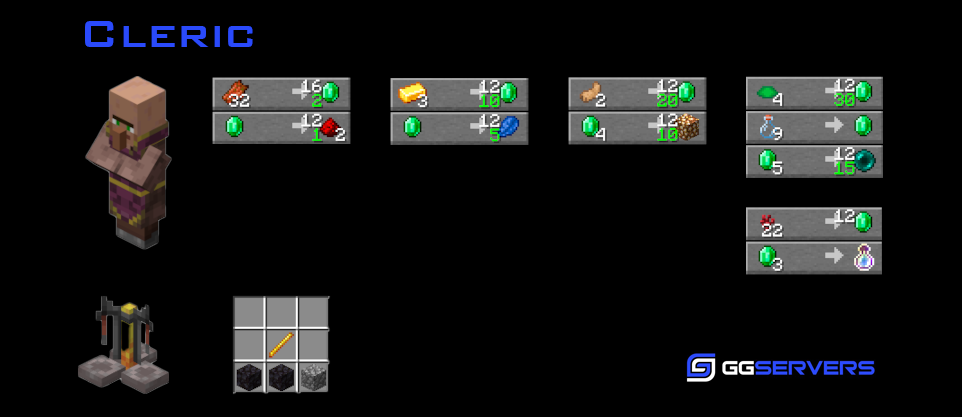
Farmer
- Trading food and brewing ingredients.
- Composter needed to assign this job.
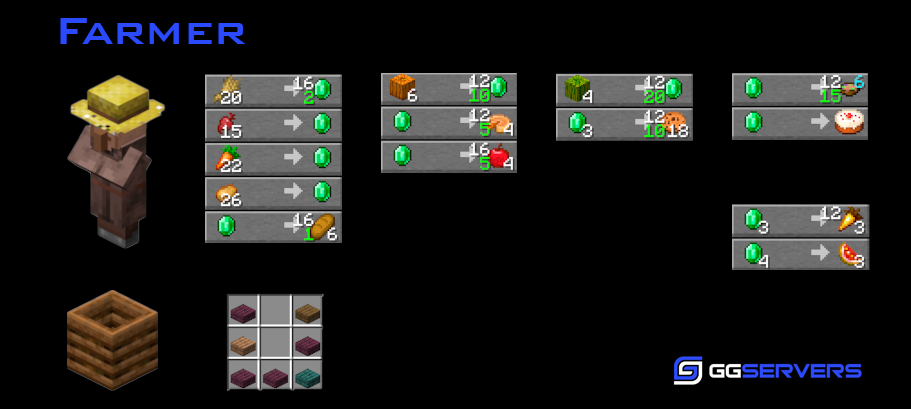
Fisherman
- Trading fish and fishing rods.
- Barrel needed to assign this job.
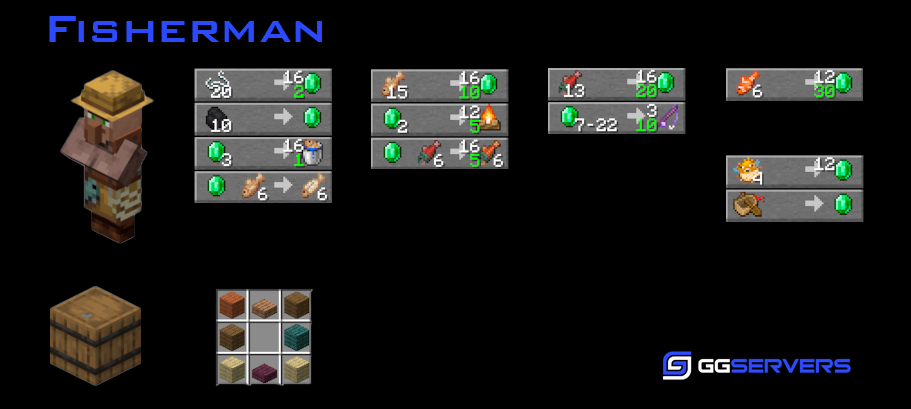
Fletcher
- Trading bows, arrows, flint, and tipped arrows.
- Fletching Table needed to assign this job.
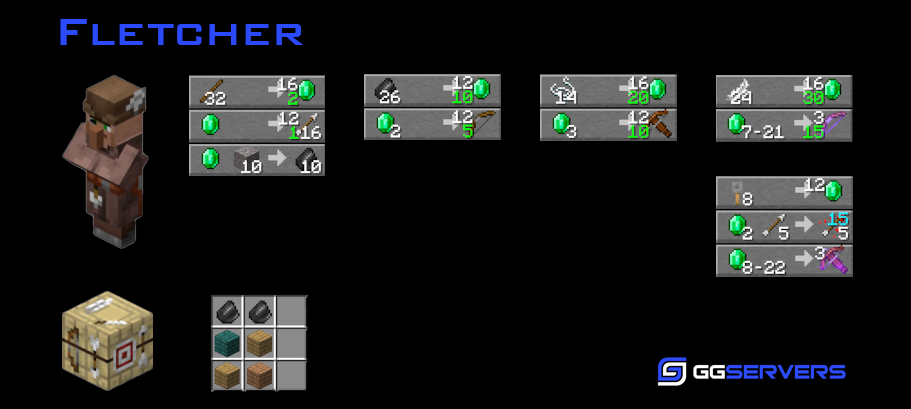
Leatherworker
- Trading leather armor, horse armor, and saddles.
- Cauldron needed to assign this job.
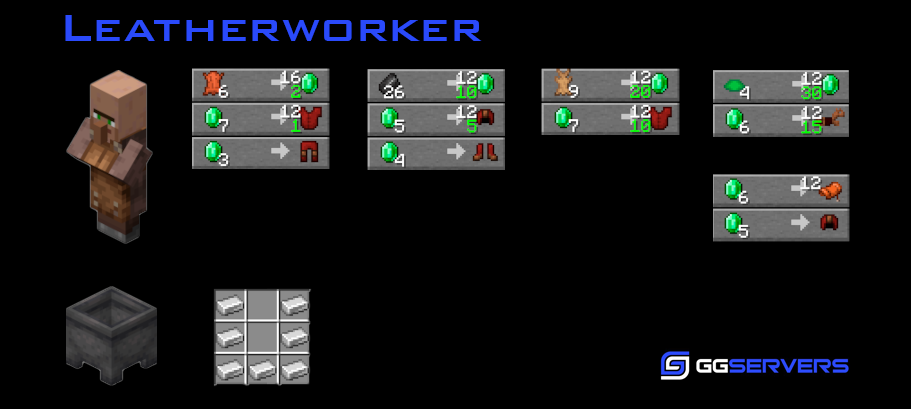
Librarian
- Trading enchanted books and name tags.
- Lectern needed to assign this job.
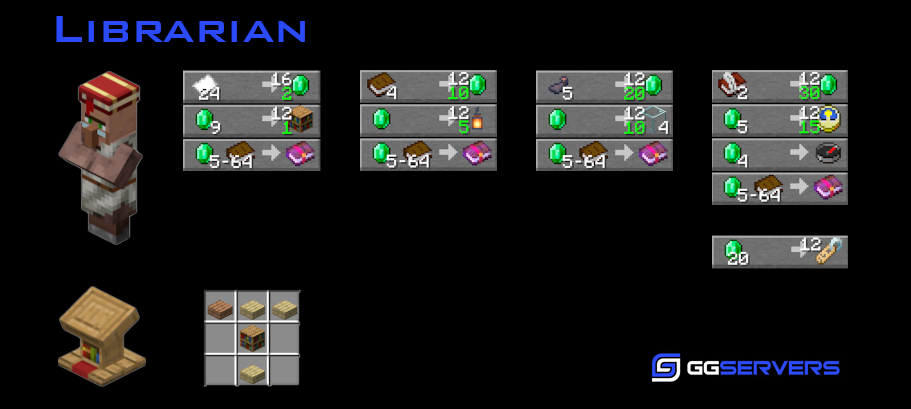
Mason
- Trading cut/better versions of blocks.
- Stonecutter needed to assign this job.
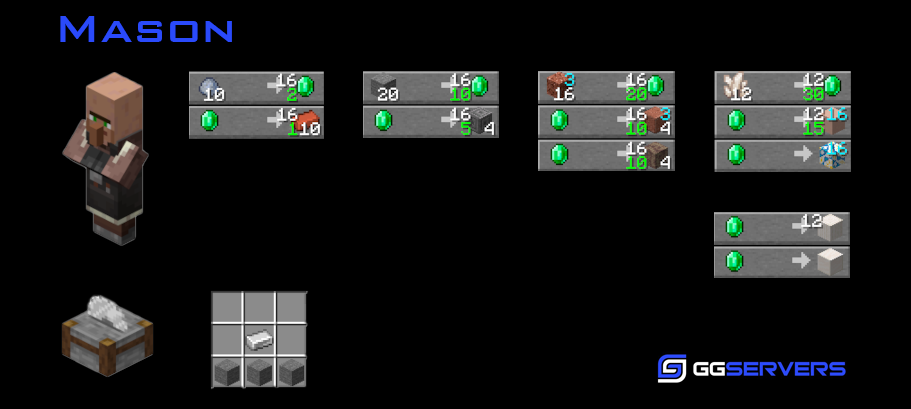
Shepherd
- Trading colored wool and painting.
- Loom needed to assign this job.
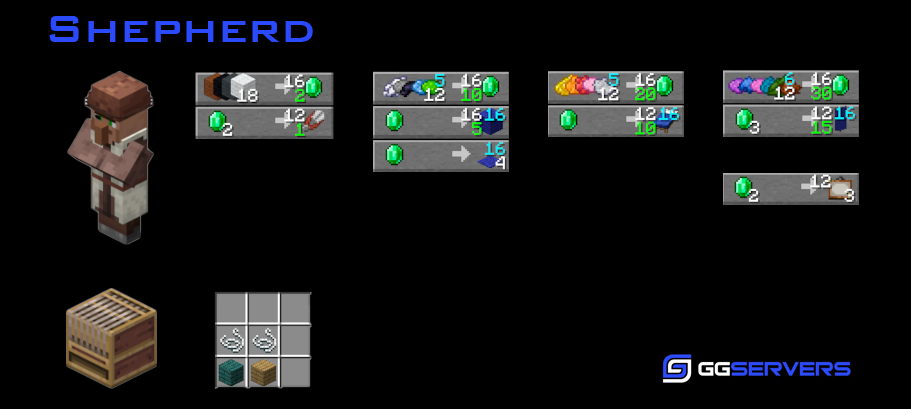
Toolsmith
- Trading different tools, even enchanted ones.
- Smithing Table needed to assign this job.
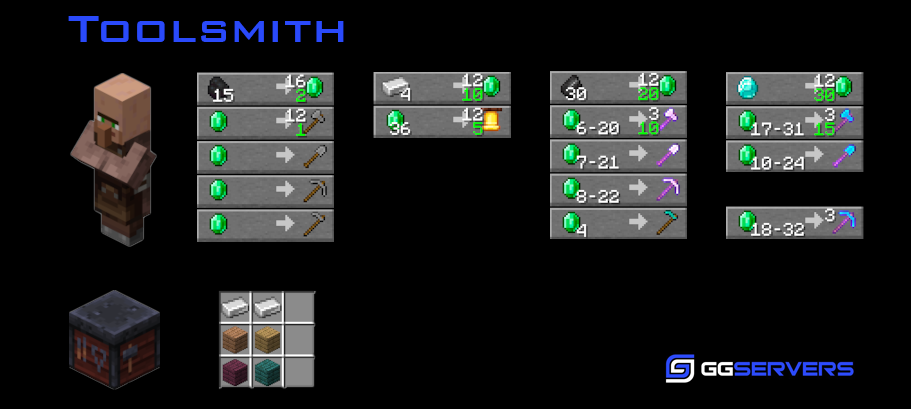
Weaponsmith
- Trading swords and axes, even enchanted ones.
- Grindstone needed to assign this job.
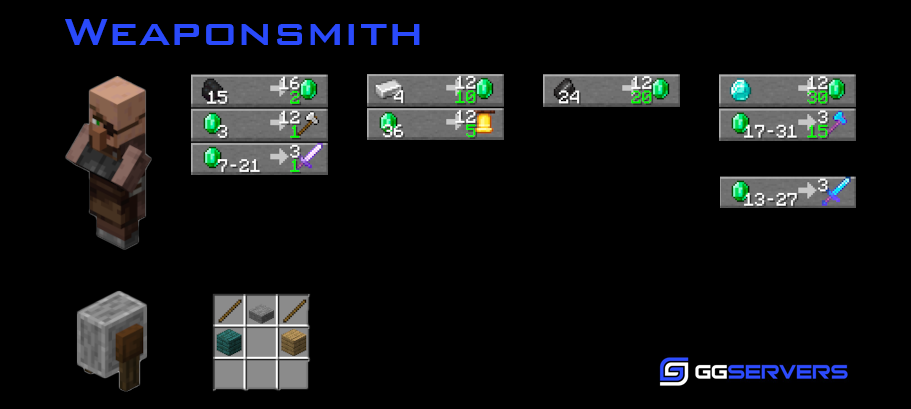
Wandering trader and piglin bartering
- The wandering trader appears randomly in-game, not in a village.
- The wandering trader always has two lamas with him.
- You can trade with the wandering trader various items without any pattern.
- Be fast, the wandering trader will usually despawn after 60 minutes.
- Piglins are mobs that can only be found in nether and which will attack you if you do wear any gold armor piece.
- If you throw a gold ingot on the ground near a piglin, they will take it, examine it, then throw back a random item.
- If you hit a piglin, it will confiscate your gold ingot without completing the trade.
- Keep in mind that you can only barter with piglins, not with brutes or zombified ones.
- The
~number%represents the percentage change of receiving any items in its quantity range, from any group, per gold ingot.
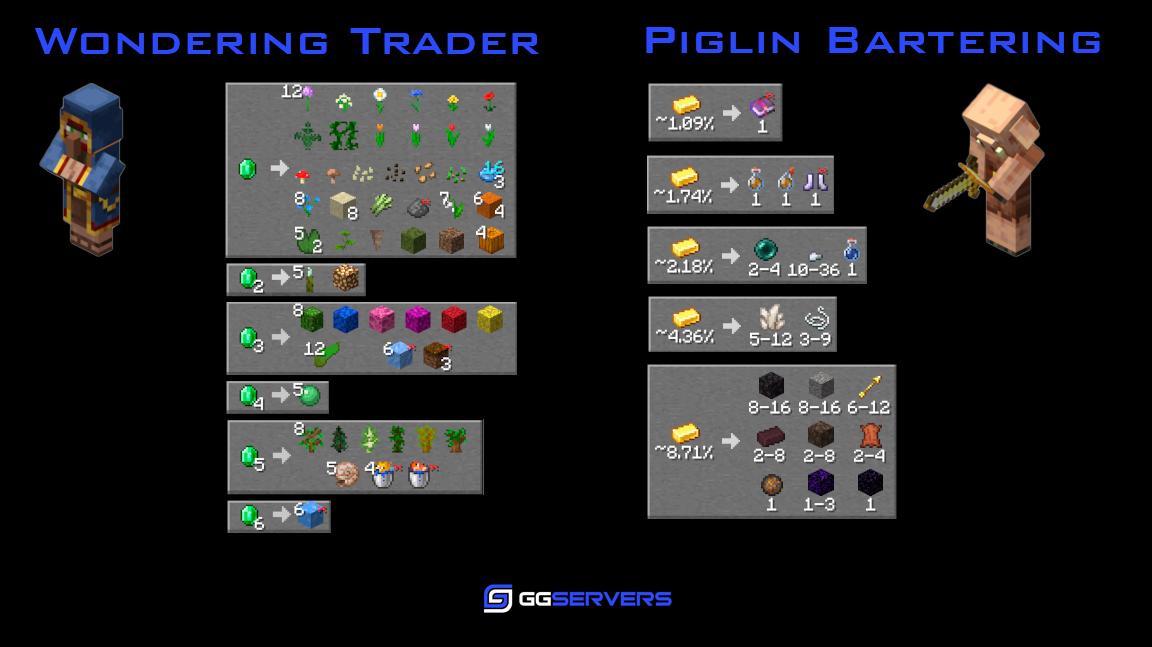
Trading Tips
When trading you should consider the trading stock, meaning the idea of a supply needed for villagers. If you do a specific trade too many times, the villager will run out of that specific item and the price will increase as it is a wanted item. Usually, a trade can be done around four times before the stock runs out. You’ll have to wait about half a day to trade the item(s) again. Villagers restock their supplies twice a day.
Each player has a popularity level around villagers. You want yours to be as high as possible to get better trades. The popularity increases or decreases depending on your interactions with the villagers. You can raise your popularity level by trading often or curing zombie villagers. Also, if you protect villagers attacked by Illagers, you will get the
Hero of The villagetitle, which will reduce the trade prices even more. Killing villagers or their iron golems will decrease the popularity level of the player.When you get trades with enchanted tools, weapons, and armors, the enchantment level will be a random one between 5 and 19. Also, the enchantments are never
treasureenchantments.If your world does not contain structures like the Woodland Mansion, the map will not be offered as a trade.
Tipped arrow potion effects can be level I or II, sometimes with a longer duration.
The leather armor has a random color created by two dyes.
For enchanted books, the enchantment is chosen randomly. You have an equal chance of any enchantment and level for it. So you have the same probability to get a high-level enchantment as you have to get a low-level one. The price in emeralds depends on the enchantment level and status. If it has the
treasurestatus, the price is doubled.
If you have any issues regarding villagers and trades feel free to contact us on live chat or via the ticket system.
 Billing
& Support
Billing
& Support Multicraft
Multicraft Game
Panel
Game
Panel





